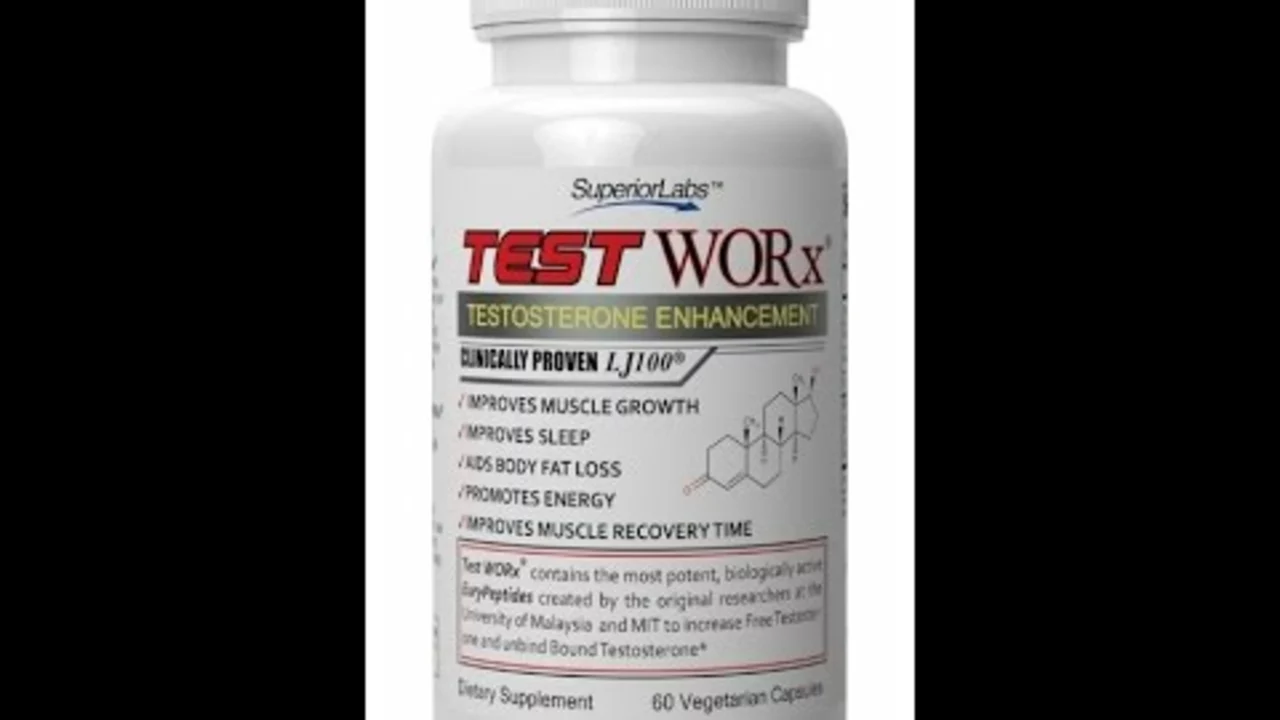All-Natural Help That Actually Works — and How to Use It Safely
Want to try natural remedies but worried about safety or wasted money? You’re not alone. Natural doesn’t automatically mean safe or effective. This page gives clear, practical steps for picking reliable natural treatments, spotting risky combinations, and using a few common options the smart way.
How to choose safe natural remedies
First, treat supplements like medicines. Check for third-party testing (USP, NSF, or ConsumerLab), read the ingredient list, and note the dose per serving. Pick brands that list active ingredient amounts instead of vague “proprietary blends.” Start low and try one product at a time so you can spot side effects quickly.
Talk to your clinician or pharmacist before starting anything if you take prescription drugs. Some plants and supplements change how blood thinners, heart medicines, or antidepressants work. For example, products that affect clotting can interact with warfarin (Coumadin) or Plavix. If you’re pregnant, nursing, or treating a baby, get medical advice first — many herbs aren’t safe for infants or pregnant people.
Common natural options and quick facts
Here are practical picks people ask about, with short, usable notes:
Turmeric/curcumin — Small randomized trials show curcumin can reduce joint pain and inflammatory markers after 8–12 weeks. Look for formulas with black pepper (piperine) or a bioavailable extract. Avoid high doses if you take blood thinners.
Omega‑3 (fish oil) — Consistent evidence supports omega‑3s for heart health and lowering inflammation. Choose purified products tested for heavy metals. Typical doses for general benefit are 500–1,000 mg EPA+DHA daily unless advised otherwise.
Probiotics — Useful for some gut issues: specific strains help traveler's diarrhea, certain types of IBS, and antibiotic-associated diarrhea. Match the strain to the condition and store per label instructions (some need refrigeration).
Magnesium — Helpful for muscle cramps and mild constipation. Magnesium citrate or oxide work for bowel movement support; glycinate is gentler for sleep and muscles. Start with a low dose and increase slowly to avoid diarrhea.
Allantoin (topical) — A safe, well-tolerated skin ingredient that soothes and supports healing. Useful in creams and ointments for dry or irritated skin; it’s not an oral supplement.
Practical checks before you buy: scan online reviews for verified purchasers, confirm batch testing, and compare labels for dose and purity. If a product promises a cure-all or dramatic results fast, that’s a red flag.
Want more on specific problems—like natural options vs. prescription drugs, or safe choices for athletes and kids? Check our related posts on alternatives to specific meds, infant dosing, and joint or gut-support articles for deeper, practical guidance.
Bottom line: natural options can help, but use them like any drug — check quality, watch for interactions, and ask a pro when in doubt.
Dendrobium: The All-Natural, Potent Dietary Supplement You Can't Afford to Miss Out On!
In my latest blog, I shed light on the incredible benefits of Dendrobium, a potent all-natural dietary supplement. This wonder herb, primarily used in traditional Chinese medicine, is gaining popularity due to its myriad health benefits. Not only does it boost energy and performance, but it also aids in digestion and weight loss. Additionally, it's known to improve immune function and provide a healthy glow to the skin. Trust me, with all these benefits, Dendrobium is definitely a dietary supplement you don't want to miss out on!
read more